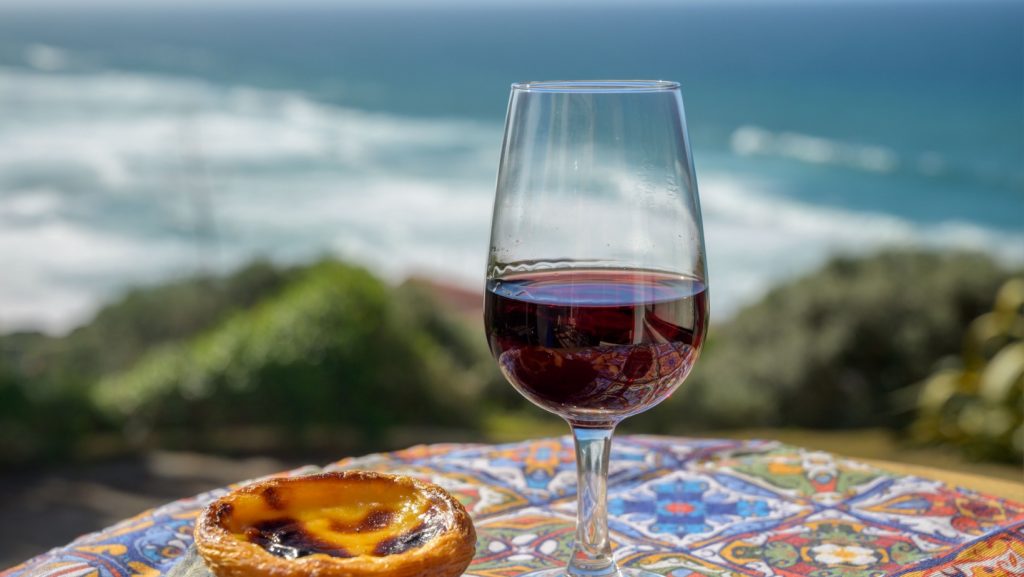You’re getting ready for your trip to Portugal — maybe a short trip, maybe a big move — and amid all the preparing and planning, there’s that one detail you wish you wouldn’t have to deal with: Do I really have to learn Portuguese?
Have to? Technically, no. People live in Portugal without ever getting beyond “bom dia.” In Lisbon, Porto, and other more tourist-friendly areas, you’ll find locals who speak excellent English. Portugal consistently ranks near the top on lists of English proficiency worldwide. So yes, technically you can probably get by with your translator app and a big smile.
Should you learn Portuguese? That’s another question, and the answer is almost always yes.
Why bother?
If everyone (“everyone”) speaks English, is it worth it to take the time to learn a new and admittedly challenging language? Yes. Because learning (or not learning) a language isn’t about what you can get away with — it’s about connections, quality of life, and respect for the people who are now your neighbors.
Knowing the language makes everyday interactions smoother — ordering your morning coffee or asking for directions is less stressful all around if you’re able to do it in the local language. And even if your accent is strong or your grammar is questionable, locals appreciate the effort. They can see you want to be part of the community and not just live in it.
It can open doors. If you’re planning to find work while you’re in Portugal, “Onde fica o banheiro?” isn’t going to get the job done. If you want to see a local play or watch a movie with your new Portuguese friends, you need to know the language. Learning the local language allows you to take advantage of new opportunities as they arise, without having to worry you’re not prepared to understand what’s going on.
And it’s also a question of respect. If someone moved to your hometown and expected you to switch languages for them every time you encountered them, you’d get frustrated pretty quickly. Be the kind of friend and neighbor you yourself would want to have.
But Portuguese is hard, right?
Unfortunately, yes. There’s no escaping the fact that it is a challenging language to learn for English speakers. But it’s absolutely learnable, particularly if you approach it with patience and the right tools. Think of it less as “I have to be fluent before I get there” and more as “I’m going to keep learning as I go.” Progress, not perfection.
Here are a few tips and tools to help get you started on that progress:
- Apps and platforms. Babbel, Memrise, and Pimsleur all offer European Portuguese. (That’s something to watch out for — a lot of resources default to Brazilian Portuguese, which has some differences.)
- YouTube channels and podcasts. Check out Portuguese with Carla or Practice Portuguese for free lessons tailored to European Portuguese learners.
- Language exchanges. Websites like Tandem or Conversation Exchange (don’t mind the uninspiring web design) connect you with Portuguese speakers who want to practice their English.
- If you work better with structure, you can often find European Portuguese courses at a local college or community center, or online (as well as free courses for new immigrants once you’ve made your move to Portugal).
- DIY language learning. Label things around your house with sticky notes, watch Portuguese TV with subtitles, set your browser to always translate pages to Portuguese. Learn Portuguese because you’ve given yourself no other choice.
No one’s going to exile you from Portugal for not mastering the subjunctive tense. You’ll probably get by. But you want to do more than get by — you want to engage with the community, explore your new home, and know exactly what you’re getting when you order arroz de cabidela. You don’t have to learn Portuguese — you get to learn Portuguese, imperfect as it might be, and your time in the country will be better for it.







